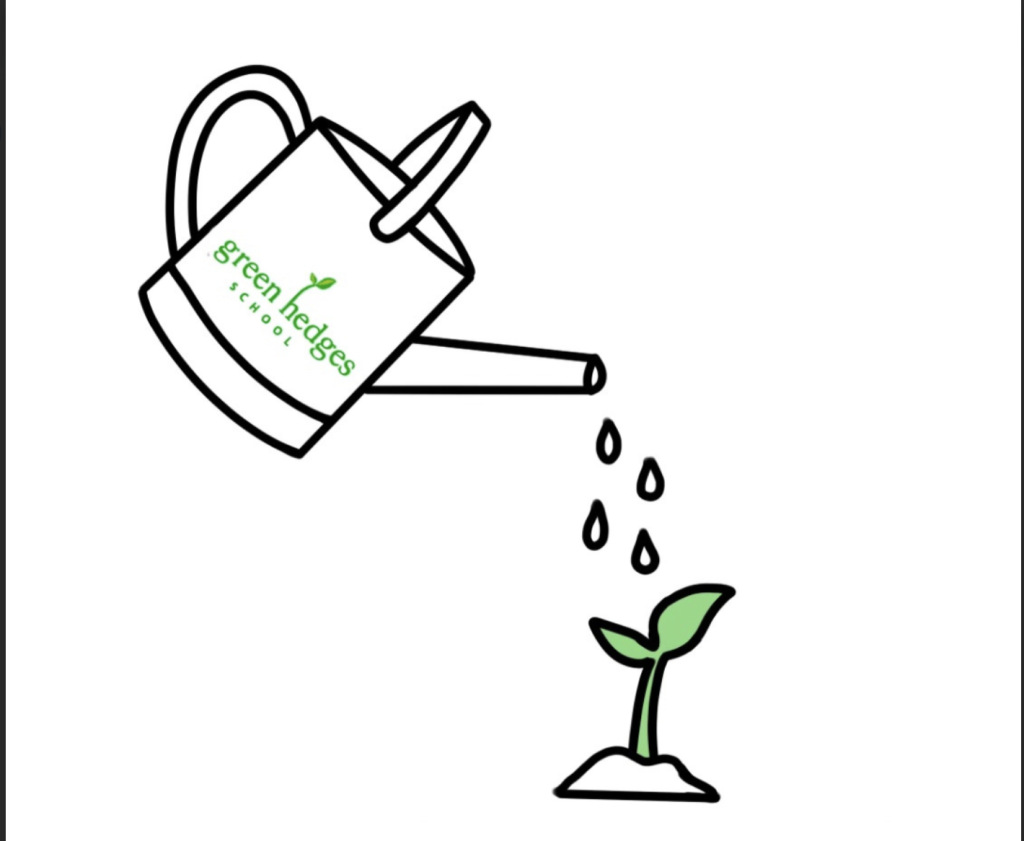By: Peter A. Barrett, Interim Head of School 2025-2026
Each year Green Hedges School identifies a theme that is meant to be both descriptive and aspirational, that expresses both the important work we do day-in and day-out and what we will continue to reach for as we bring vigor and freshness to that work. The Green Hedges theme for the 2025-2026 school year, which we trust will weave its way through our time together, is Rooted in Wonder.
Educators who work with young learners are fond of drawing from the world of horticulture in describing that work, as evidenced by words such as Kindergarten, cultivating, planting seeds, nurturing, blossoming, and thriving. Surely the concept of roots (and branches and leaves . . . such things can never be far away in a Kilmer-inspired institution, especially one called Green Hedges) offers generative ways to think about the work of a school, as they anchor and stabilize a tree, enabling it to withstand challenge; absorb water and nutrients; and store nourishment.
Wonder, meanwhile, holds a cherished place in the Green Hedges lexicon, helping to express the educational imagination and aspirations of founders Frances and Kenton Kilmer, which continue to animate this amazing place close to 85 years later, 70 years since they settled here along Windover Avenue with their growing family and school. We are fortunate to have their rich written testimony to understand how Green Hedges came to be, what the implications are for those of us fortunate to spend our days here today and how, in turn, we might think about the future.
In that regard, there is a particular passage from Frances Kilmer, who led the school from 1942 to 1968, that resonates with me, as I consider where Green Hedges has been, where we are today, and where we’re headed. Writing in the late 1950s, Mrs. Kilmer said:
Education frequently removes the chief blessing of childhood, the sense of wonder, but we are managing education so as to increase that sense of wonder—to retain the old association between wisdom and magic, grammar and glamor, spelling and spells.
As in other realms of our lives, we often think about education—or at least try to capture it, perhaps without much thought—in terms of binaries, of polar opposites. Is a school traditional or progressive? Is its program child-centered or subject-centered? Even as the “science of reading” takes hold, the age-old duality of whole language and phonics persists. Such binaries, simple formulations that ignore the complexity of the work to be done with young learners, encourage educators (and others) to take sides rather than seek the balance and richness that must prevail in robust instructional programs as we seek to increase children’s sense of wonder in an endlessly fascinating and challenging world.
We might find it difficult to imagine that educators would establish as a goal, and certainly not that they would articulate it as such, the elimination of a sense of wonder, especially for young learners. But might it be, nonetheless, that certain ways of educating young people have that very effect, the removal of the chief blessing of childhood, the sense of wonder? Have the rhythms of the school year settled into routines that in turn become ruts? Have the rules for which schools have become notorious emerged as ends in themselves? Are there too many children, or is there too much to do, or is there too little time to even think about increasing that sense of wonder? Has our own educational imagination failed us as we consider the work ahead?
In calling out that very possibility, Mrs. Kilmer eschews those binaries, those dualities, and instead highlights the “old association” between them: Wisdom and magic, grammar and glamor, spelling and spells. More recently, even in the pre-grammar- and spell-check universe, some observers have characterized grammar and spelling as the kind of areas of study that can snuff out a sense of wonder for young learners. (By the way, I never shared that critique, as I remain convinced, consistent with last year’s theme, that Words Matter, including, up to a point, how we spell them and certainly the kind of clarity and intentionality we bring to their expression.) Curiously, grammar and glamor (or glamour) share the same linguistic root, likely an association of which Mrs. Kilmer was aware, which would no doubt confound those who find nothing at all glamorous about grammar. And that relationship also begins to point us toward Mrs. Kilmer’s reference to the association between wisdom and magic, if less so to spelling and spells.
We’ve come a long way from where we began—the imminent start of the school year and the identification of this year’s theme. For now, I invite you to join us in seeing Green Hedges as a school Rooted in Wonder, as we “[manage] education so as to increase that sense of wonder.” Living with, and into, that image will truly make for a special year.

